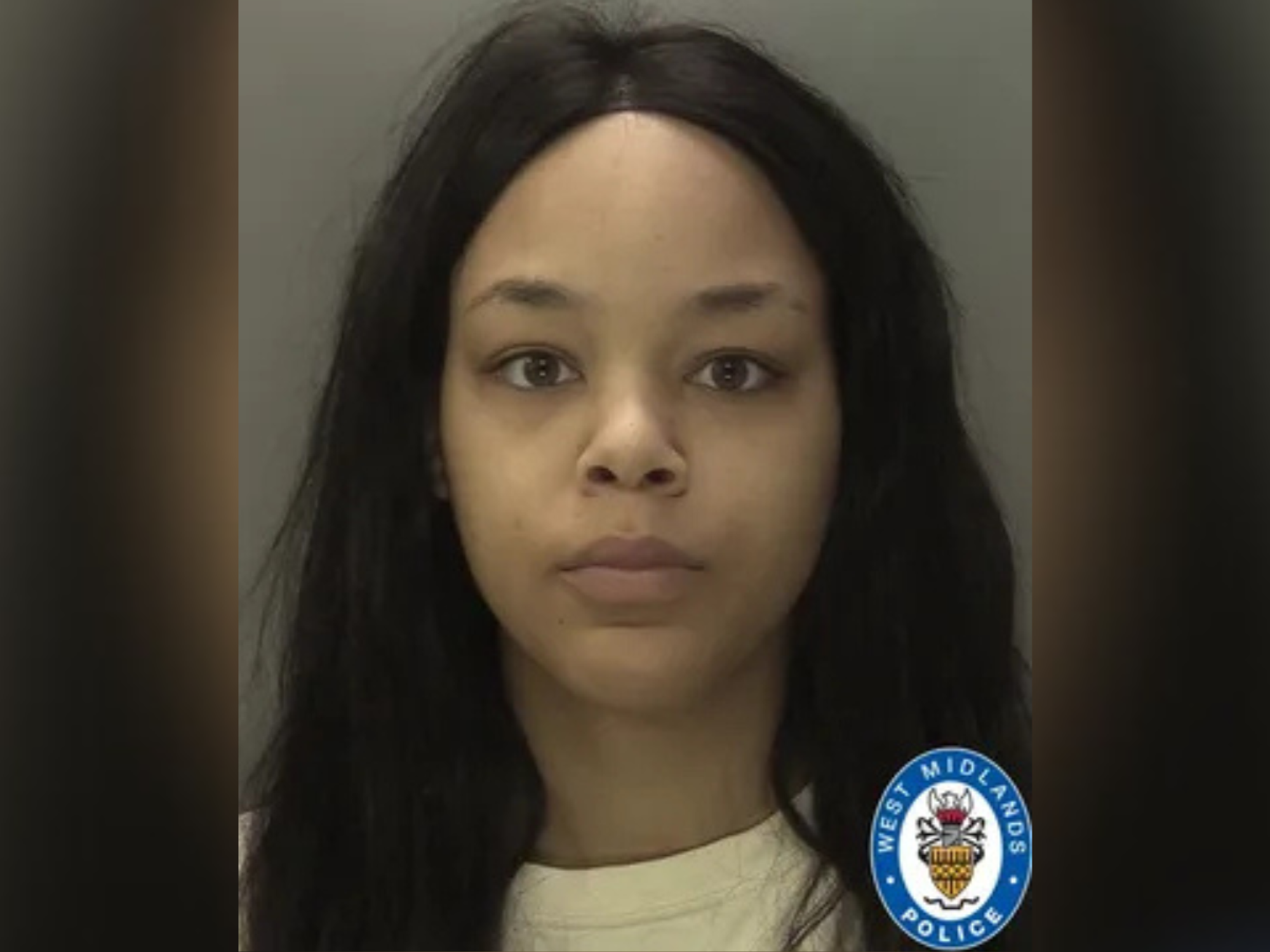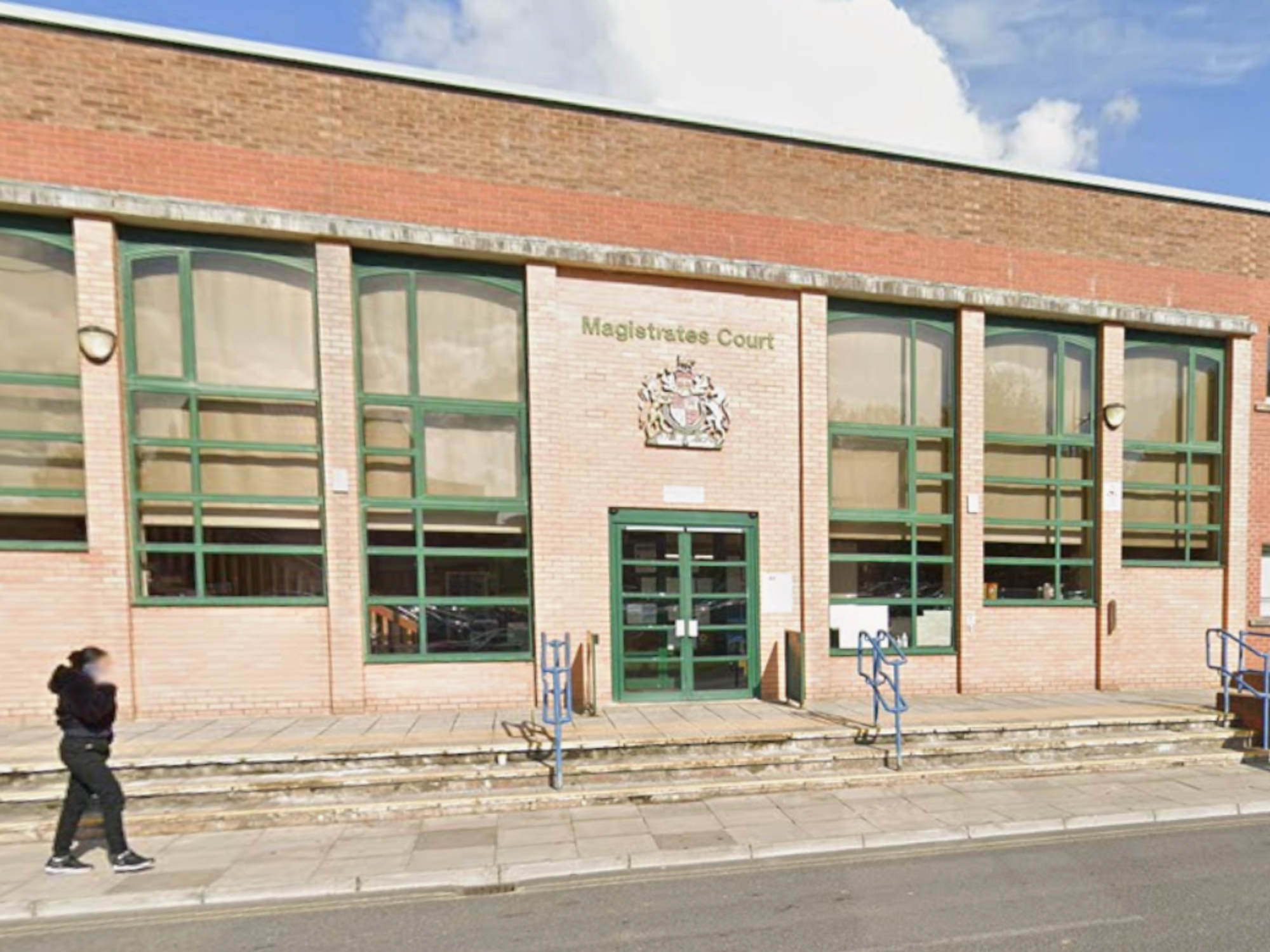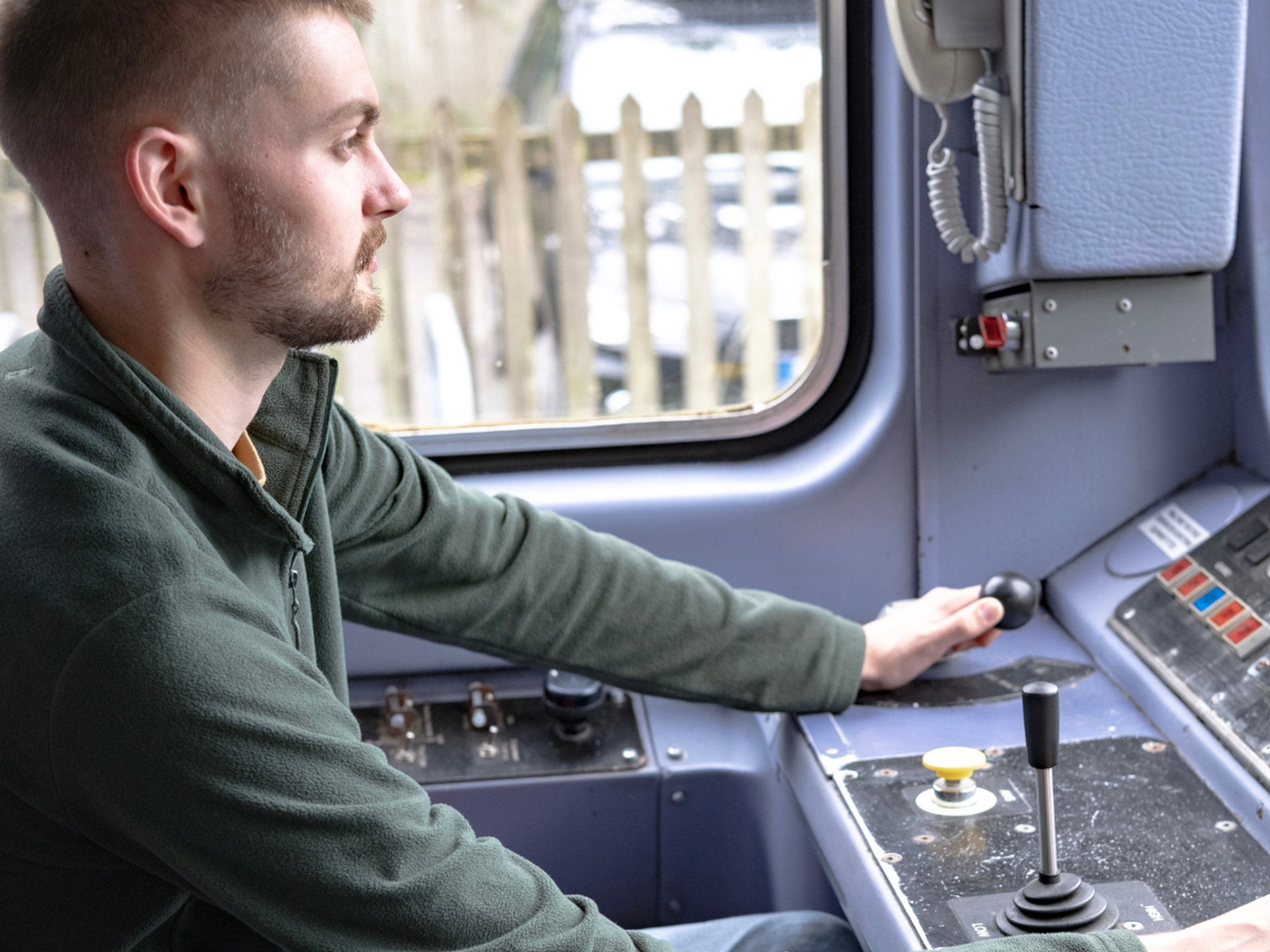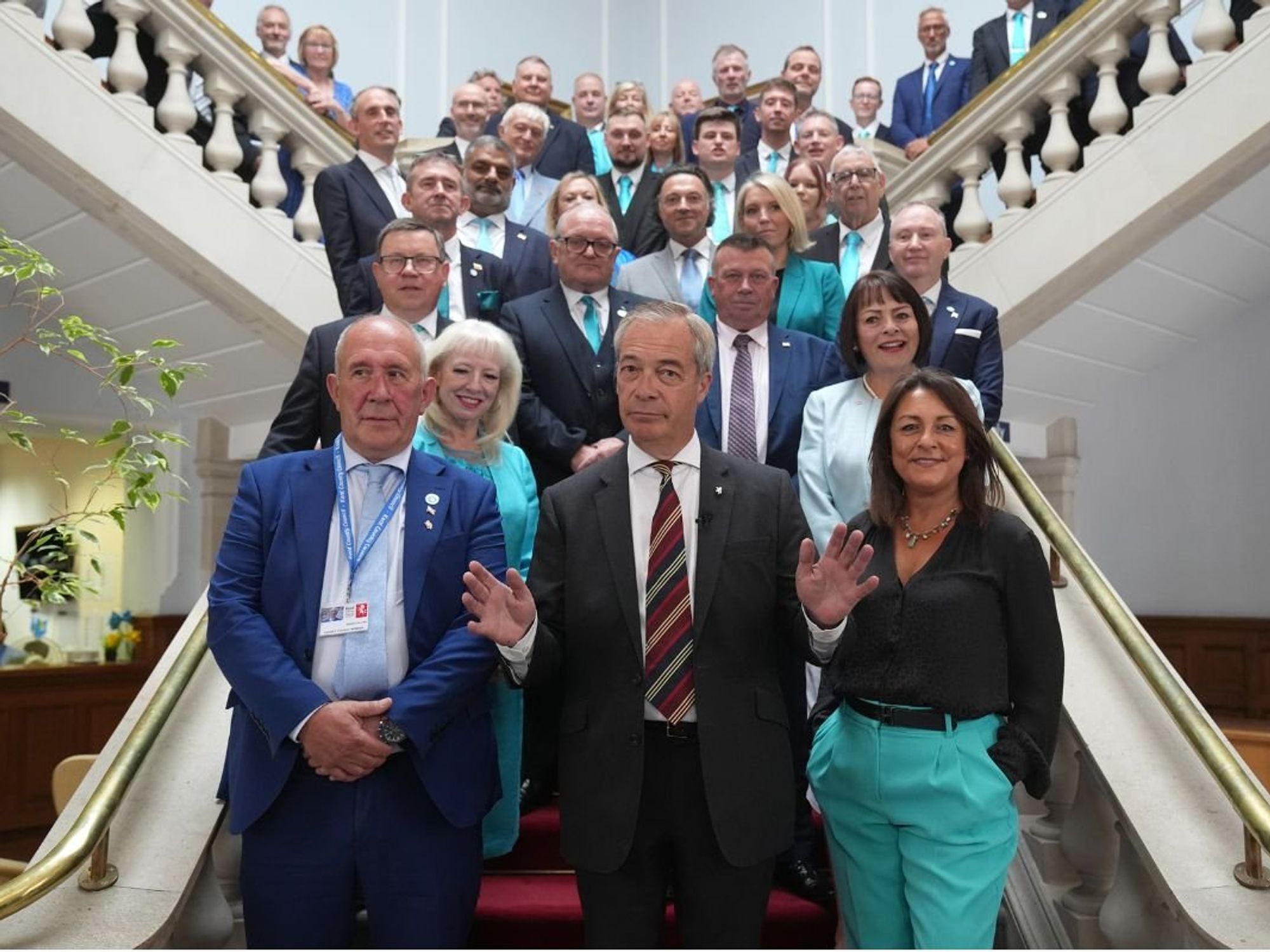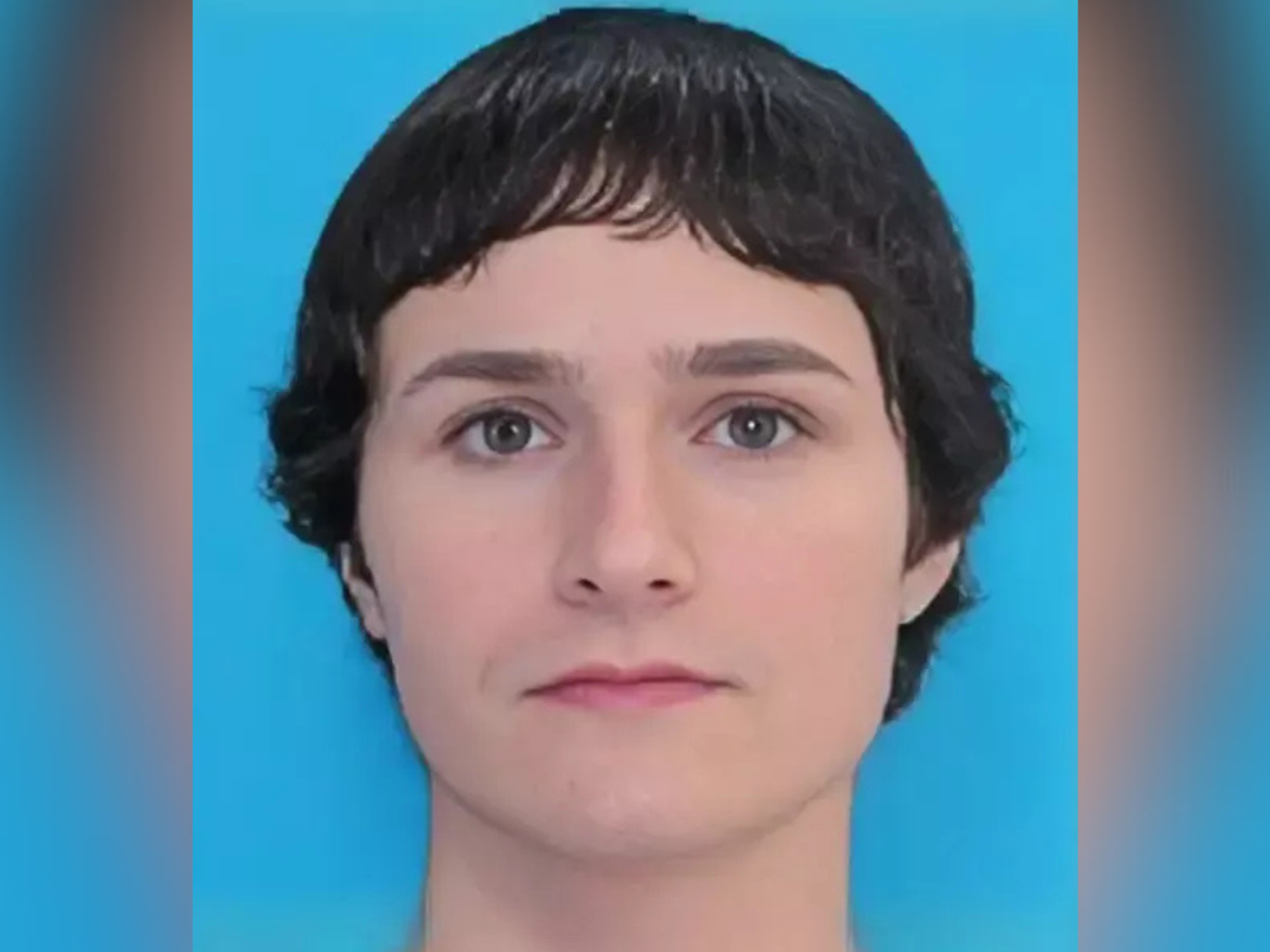Boris Johnson cancels Plan B Covid restrictions - Speech in FULL
Read Boris Johnson's statement to Parliament in full
Don't Miss
Most Read
Latest
Mr Speaker, with permission I will make a statement on our progress against Omicron and the review of our Plan B measures.
Within hours of learning from scientists in South Africa about the emergence of a new Covid variant last November, this government acted, introducing balanced and proportionate restrictions at our borders to slow the seeding of Omicron in our country.
As we learned more about this highly transmissible new variant, we implemented the Plan B measures we had prepared precisely in case our situation deteriorated, encouraging people to change their behaviour to slow the spread of the virus and buying crucial time to get boosters into arms.
We made the big call to refocus our National Health Service, necessarily requiring the difficult postponement of many other appointments – So that we could double the speed of booster programme.
And thanks to the extraordinary efforts of our NHS and its volunteers, we delivered the fastest booster programme in Europe, reaching half our population before any other European country, with more than 36 million boosters now in arms across the UK, including more than 90 per cent of all over 60s in England.
And taking a balanced approach, we resisted calls from others to shut down our country all over again.
Many nations across Europe have endured further winter lockdowns.
Many have seen hospitality curfews and nightclubs closed, capacity limits at sports stadiums, the return of social distancing, and, in some places, Christmas and New Year as good as cancelled.
But this government took a different path.
We kept England open.
And we supported those businesses which faced reduced demand because of the response to Plan B measures.
And while we must continue to remain cautious, the data are showing that time and again
this government got the toughest decisions right.
Today’s latest ONS data show clearly that infection levels are falling in England.
And while there are some places where cases are likely to continue rising, including in primary schools – our scientists believe it is likely that the Omicron wave has now peaked nationally.
There remain, of course, significant pressures on the NHS across our country, and especially in the North East and North West.
But hospital admissions which were doubling every 9 days just two weeks ago – have now stabilised, with admissions in London even falling.
And the numbers in intensive care not only remain low but are actually also falling.
So this morning, the Cabinet concluded that because of the extraordinary booster campaign together with the way the public have responded to the Plan B measures - we can return to Plan A in England and allow Plan B regulations to expire.
As a result, from the start of Thursday next week mandatory certification will end.
Organisations can, of course, choose to use the NHS Covid Pass voluntarily but we will end the compulsory use of Covid status certification in England.
From now, the government is no longer asking people to work from home and people should now speak to their employers about arrangements for returning to the office.
And having looked at the data carefully, the Cabinet concluded that once regulations lapse, the government will no longer mandate the wearing of face masks anywhere.
Mr Speaker, from tomorrow, we will no longer require face masks in classrooms, and the Department for Education will shortly remove national guidance on their use in communal areas.
In the country at large, we will continue to suggest the use of face coverings in enclosed or crowded places, particularly where you come into contact with people you don’t normally meet.
But we will trust the judgement of the British people and no longer criminalise anyone who chooses not to wear one.
The government will also ease further restrictions on visits to care homes and my Rt Hon Friend, the Secretary of State for Health and Social Care, will set out plans in the coming days.
Mr Speaker, as we return to Plan A, the House will know that some measures still remain, including those on self-isolation.
In particular, it is still a legal requirement for those who have tested positive for Covid to self-isolate.
On Monday we reduced the isolation period to five full days with two negative tests.
And there will soon come a time when we can remove the legal requirement to self-isolate altogether - just as we don’t place legal obligations on people to isolate if they have flu.
As Covid becomes endemic we will need to replace legal requirements with advice and guidance urging people with the virus to be careful and considerate of others.
The self-isolation regulations expire on 24th March, at which point I very much expect not to renew them.
Indeed were the data to allow, I would like to seek a vote in this House to bring that date forwards.
In advance of that, we will set out our long-term strategy for living with Covid-19, explaining how we hope and intend to protect our liberty and avoid restrictions in future by relying instead on medical advances – especially the vaccines which have already saved so many lives.
But to make that possible, we must all remain cautious during these last weeks of winter.
When there are still over 16,000 people in hospital in England alone, the pandemic is not over.
And, Mr Speaker, make no mistake, Omicron is not a mild disease for everyone - and especially if you’re not vaccinated.
Just look at the numbers in intensive care in other countries where vaccination rates are far lower.
Indeed, from our NHS data, we know that around 90 per cent of people in intensive care are not boosted.
So I urge members across the House to do everything possible to encourage any remaining constituents who have not done so – to get boosted now.
And for the next few weeks, I encourage everyone across the country to continue with all the cautious behaviours that we know help to keep each everybody safe, washing hands, letting fresh air in, getting tested, self-isolating if positive, and, as I say, thinking about wearing a face covering in crowded and enclosed settings.
Mr Speaker, Omicron has tested us, just as Alpha and Delta did before.
But let’s remember some of what we’ve achieved.
We were the first nation in the world to administer a vaccine. We were the fastest in Europe to roll it out.
Because outside of the European Medicines Agency, this government made the big call to pursue our own British procurement strategy rather than opting back into the EU scheme as some people urged.
We created a world-beating testing programme, the largest in Europe, and procured the most antivirals of any country in Europe too, because this government made the big call to invest early in lateral flow tests and in cutting-edge drugs to protect the most vulnerable.
We’ve delivered the fastest booster campaign in Europe, and we’re the first to emerge from the Omicron wave, because the government made the big call to focus on our NHS, and to refocus our activity and lead that campaign to Get Boosted Now.
And that’s why we’ve retained the most open economy and society anywhere across the European continent, and the fastest growing economy in the G7 - because we made that tough decision to open up last Summer when others said that we shouldn’t, and to keep things open this winter when others wanted them shut.
This week the World Health Organisation said that while the global situation remains challenging, the United Kingdom can start to see “light at the end of the tunnel”.
And Mr Speaker, this is no accident of history.
Confronted by the nation’s biggest challenge since the Second World War and the worst pandemic since 1918, any government would get some things wrong.
but this government got the big things right.
And I commend this Statement to the House.






